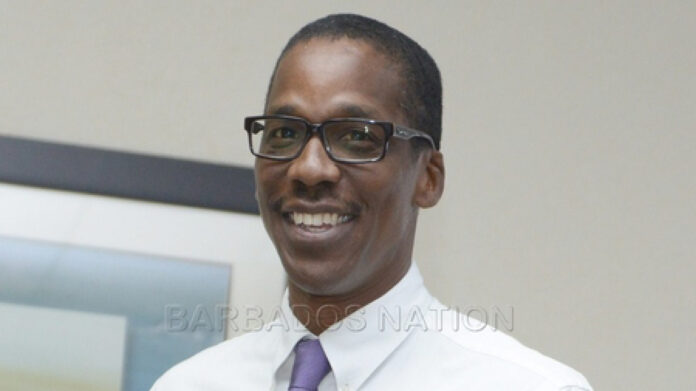
By Carlena Knight
The chance of incumbent St Peter MP, Asot Michael, seeing success as an independent candidate in the upcoming general election is unlikely.
This is the view of political analyst Peter Wickham, based on recent polling he conducted in St Peter with Caribbean Development Research Services (CADRES) of which he is the director.
Although it has not been confirmed, Michael who has been a politician for decades hinted in July that he could possibly be running on “Asot Michael’s ticket” as it is no secret that the Antigua Barbuda Labour Party (ABLP) is no longer interested in having him on its slate.
In fact, a ‘replacement candidate’, Rawdon Turner, has been named to contest the upcoming general elections for the ABLP in St Peter, and while many in the public domain believe that Michael will be able to make an impact due to his track record, Wickham is not convinced that the MP would be successful for a fifth term.
“The challenge is now, will that stand up now that he is outside the ABLP? Our polling suggests that he has not reached the bar of 20 percent and … what we find is that with the independent candidate, if they can reach 20 percent penetration in terms of a public opinion poll, then that person is in with a fighting chance.
“I see no evidence in the poll that he has reached that far; he has fallen well short of it, which essentially means that he is not even likely to be a spoiler because 20 percent is certainly the level you would want to be as a spoiling candidate in that instance.
“The theory now for us, is that he will not impact significantly, that he has not taken a sufficient chunk of the ABLP support to become a key player,” Wickham explained.
He did, however, mention that Michael, based on the data collected, has so far had a better performance rate than past independent candidates and even the country’s third party, the Democratic National Alliance (DNA).
The last set of polling was done just last week, and before that in April when 200 to 300 persons were asked a series of questions in specific constituencies.
Wickham maintains that, despite the findings, the dynamics in these areas can change at any given time.
He also spoke to other findings like issue voting.
The term issue voting is when voters cast their vote in elections based on issues like water, cost of living, and infrastructure.
While he says many of those polled listed water, cost of living and the condition of the roads as their biggest problems, he does not believe that issue voting will play a major factor in this election as complaints like water, no matter who is in office, will continue to be a long-term issue.
“My feeling is that people are not going to vote on the issues so much as they may not vote in terms of how they feel about issues, so if I’m an ABLP supporter and I’m unhappy, I may say, ‘you know what, I am going to just not vote for the ABLP, I may just stay at home’; and that may actually make the difference in some instances, but I don’t believe that an ABLP voter will vote for the UPP because they believe the UPP has a better plan to deliver those necessities,” Wickham said.
“The water thing is critical because the water issue was a problem under the UPP and I think many Antiguans understand that while it is — and I think I used the word scandalous — that we are still having these issues years later, the reality is that people understand that the UPP will probably not be in a better position to deal with it than the ABLP is now because it is a national structural problem that Antigua has in relation to the supply of water,” he explained.
“Against that background, measures that have been used by the ABLP to mitigate short-term impact of the negative impact of water provision may very well be the kind of good thing which is helping to give people the idea that while we are looking for the long-term solution, we are going to be able to have the short-term solution,” he said.
These short-term measures, Wickham added, would be welcomed by voters.
This is something of a departure from views he posited on the same issue in April when he described the years of unresolved water problems in Antigua and Barbuda as one of the “leading shortcomings” of the ABLP regime.
At the time he said that the ABLP’s failure to improve the water supply across the country could present a challenge when the general election is called, and that the issue is still rooted in the same problems that caused the collapse of the UPP in 2014.
A date for elections has not been called but they are constitutionally due in March 2023.
